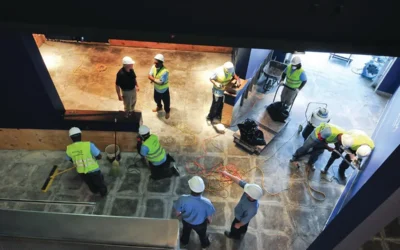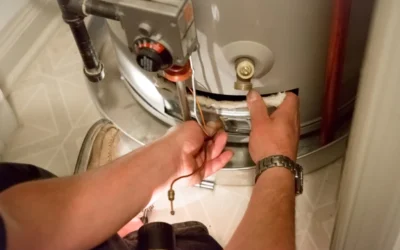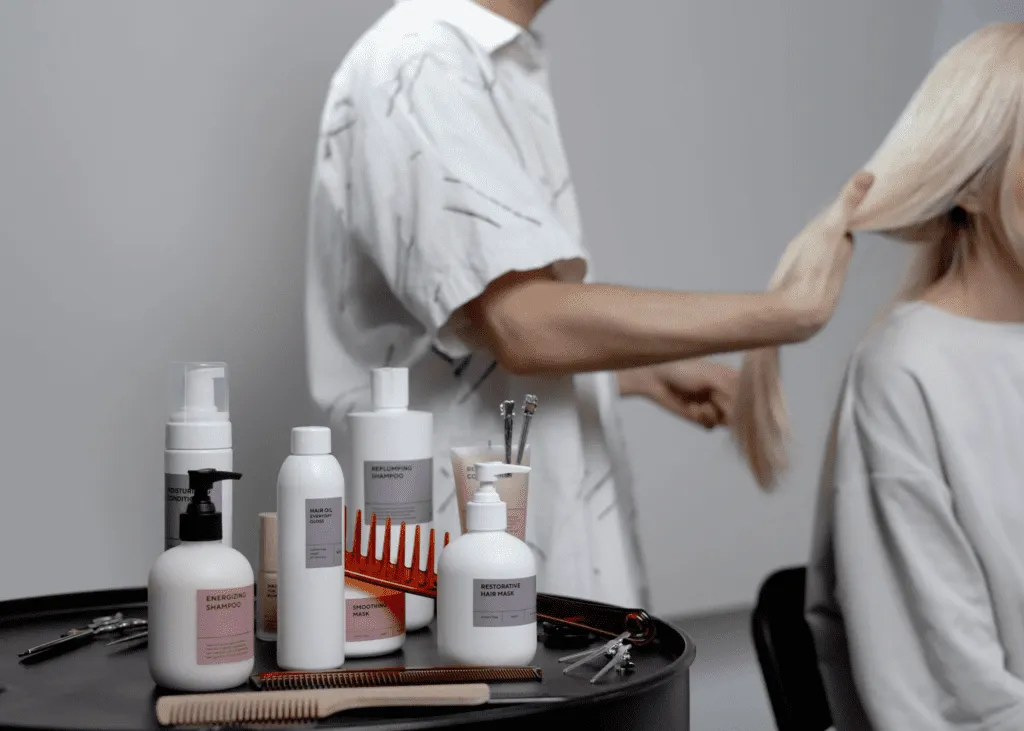How to Choose the Best Psychologist Brisbane Has to Offer

When you’re looking for psychological support in Brisbane, the decision isn’t one to take lightly. A good psychologist can help you through anxiety, depression, trauma, relationship issues, or simply guide you toward improved mental well-being. But what makes one psychologist a better fit than another? This article will walk you through what to consider, how to evaluate options, and how to find the right psychologist for you. If you’re seeking trusted help you might also consider resources like https://cognitiveclarity.com.au/ as part of your search.
What to Think About Before You Start
Define Your Goals
Before you even search, ask yourself: What am I hoping to achieve?
- Are you dealing with a specific mental health condition (e.g. anxiety, PTSD, OCD)?
- Do you want help with life transitions, relationship issues, or grief?
- Are you looking for ongoing therapy or something more short-term?
Being clear about your goals will guide you toward psychologists who specialise in the right areas.
Know Your Preferences
These might seem small, but they matter:
- Do you prefer in-person sessions, online, or both?
- Is it important the psychologist shares a similar cultural, religious, or language background?
- Would you feel more comfortable with a psychologist of a certain gender, age, or personality style?
When these preferences are met, you’re more likely to feel comfortable and open, which is crucial for therapy to work.
Understand Practical Constraints
Don’t forget logistics:
- What is your budget? How much are sessions going to cost?
- Does your insurance, or Medicare or other funding support, cover psychological services?
- What is their location? Is commuting feasible? Are there telehealth options?
- What hours do they work? Do they offer evenings or weekends if you need flexibility?
These practical factors can determine whether you can maintain regular sessions long enough for therapy to be effective.
What to Look for in a Psychologist
Qualifications and Professional Registration
- Make sure the psychologist is properly registered with relevant Australian bodies (for example AHPRA).
- Check if they have additional credentials or training in special areas you need (trauma, child psychology, couples work, etc.).
Specialty and Experience
- Find someone who has experience dealing with the kinds of challenges you’re facing. Specialist training in certain therapeutic modalities (CBT, EMDR, ACT, etc.) or the kinds of issues (trauma, anxiety, family therapy) is an advantage.
- More experience doesn’t always mean better, but if someone has worked extensively with your kind of concern, they’re more likely to anticipate what issues might come up.
Therapeutic Approach & Philosophy
- Different psychologists use different methods. Cognitive Behavioural Therapy (CBT), Acceptance and Commitment Therapy (ACT), psychodynamic therapy, schema therapy etc., all have different styles and focuses. Some are more structured, others more exploratory.
- Research suggests that how well you connect with the therapy style matters. If possible, see if you can learn about their approach before committing.
Personal Fit and Rapport
- This is perhaps the most important. Do you feel heard, understood, and respected? Do you feel you can talk freely with them?
- The first few sessions are often when you’ll get a sense whether the relationship works. If you feel uneasy or judged, it may be worth considering someone else.
Reviews, Referrals, & Reputation
- Getting referrals from your GP, friends, or family can help. You can also look up reviews or ask the psychologist for references.
- Professional reputation matters: membership in professional associations, published work, or case studies can provide insight.
Specific Considerations for Brisbane
Availability of Services
- Brisbane has both metropolitan centres and suburban/rural areas. Some psychologists may be far from you or difficult to reach. Checking for telehealth options can expand your choice.
- Brisbane also offers public services, private clinics, community health centres. Costs, wait times, and availability vary.
Cost & Reimbursement
- In Australia many people are eligible for Medicare rebates through schemes like the Better Access program. Understand whether the psychologist accepts these or whether you’ll have substantial out-of-pocket costs.
- Private health insurance may help. Some psychologists work with EAPs (Employee Assistance Programs).
Cultural Sensitivity
- Brisbane is culturally diverse. If your background is non-Western, Indigenous, or from a migrant community, you might prefer a psychologist who is sensitive to those cultural issues and possibly shares similar heritage or has training in cross-cultural psychology.
Accessing Online Resources & Specialist Clinics
- Some clinics or practitioners specialise (e.g. forensic, child and adolescent psychology, etc.).
- Also, check trusted online directories, and specialist websites like https://cognitiveclarity.com.au/ which may give insight into their services, approach, specialties, and help you decide whether they are a potential match.
Steps to Narrow Down Your Options
- Make a long list: write down psychologists in Brisbane who seem to meet your criteria (specialty, location, cost, etc.). Use online directories, GP referrals, clinic websites.
- Check credentials & experience: for each, see their qualifications, registrations, years of experience, and areas of expertise.
- Make contact / have a preliminary chat: many psychologists offer brief phone or email consultations. Use this to ask about their approach, fees, session frequency, expectations, and whether they think they can help with your issues.
- Evaluate rapport: after one or two sessions, reflect on how comfortable you feel, whether you trust them, whether you feel you can open up. If not, it’s okay to seek someone else.
- Reassess periodically: therapy is a process. You might find that your needs change or the fit isn’t as good as you thought. Revisiting your goals and whether the psychologist is helping you reach them is healthy.
Using https://cognitiveclarity.com.au/ as Part of Your Search
Websites like https://cognitiveclarity.com.au/ are valuable for several reasons:
- They often clearly list the psychologist’s specialities, approach, and methods, letting you see if they match your needs.
- They may provide case studies, FAQs, and resources that help you understand how therapy works with them, giving you a sense of their philosophy.
- Contact information and testimonials can help you make initial enquiries.
Use such sites to compare different psychologists not only on reputation but also on tangible factors (services offered, fees, modalities, availability).
What to Do Once You Choose
- Set realistic expectations: therapy can take time. You may have good weeks and bad weeks. Progress is rarely linear.
- Be an active participant: sessions are more effective when you are honest, open, and willing to do “homework” or reflect between sessions.
- Ask for feedback: if something isn’t working—whether it’s pace, style, or discrepancy in expectations—talk to your psychologist about it.
- Review your progress: after a few sessions, reflect whether you see improvements in mood, coping, insight, behaviour. If after a reasonable time you don’t feel better, it may be appropriate to change therapist or approach.
Conclusion
Finding the best psychologist Brisbane has to offer is a personal journey. It combines identifying what you need, matching those needs with what psychologists offer, considering practicalities like cost and location, and trusting your gut about personal fit. With clarity about your goals, careful research, and willingness to adjust as you go, you can find someone who supports and guides you toward better mental health.











